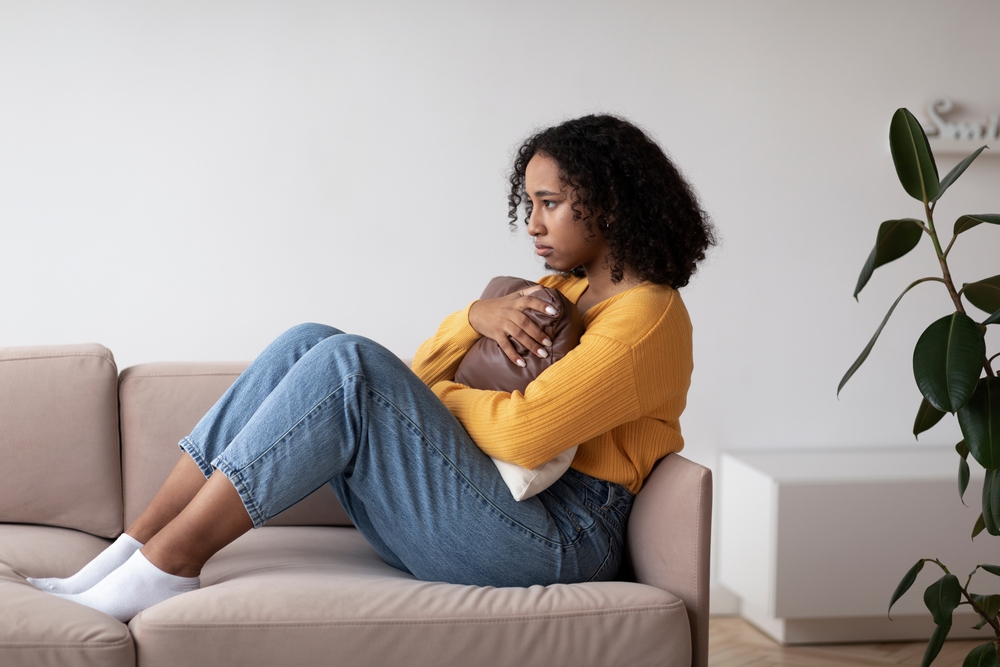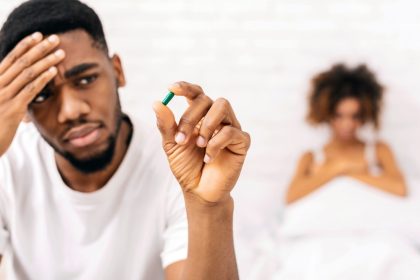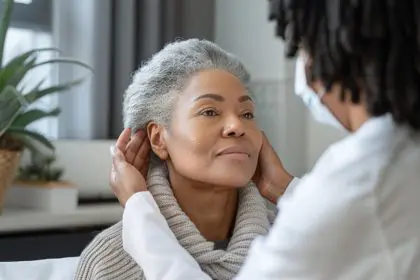Shocking statistics
Research conducted by Boston University’s Chobanian & Avedisian School of Medicine and Howard University reveals that Black women aged 18 to 65 are at the highest risk for suicide, regardless of socioeconomic status. Surprisingly, Black women in higher income brackets have a 20 percent greater likelihood of contemplating suicide than white women in lower income brackets. This finding challenges the misconception that financial stability ensures better mental health.
The harmful impact of stereotypes
The troubling rise in suicidal thoughts among Black women is deeply intertwined with damaging stereotypes. Black women are often unfairly portrayed as strong, resilient and able to endure endless hardships, which can lead to their mental health struggles being overlooked or dismissed. This “strong Black woman” trope can create immense pressure to appear invulnerable, making it harder for Black women to seek help or express vulnerability. Additionally, the stereotype of the “angry Black woman” can prevent them from being taken seriously when they do express emotional distress, further isolating them and worsening their mental health.
Colorism, featurism, texturism and even transmisogynoir — all based on ideas rooted in white supremacy, particularly that white women are the ideal version of femininity — also poison ideas regarding Black women and girls. These stereotypes and the accompanying negative behaviors are prime examples of how, as the adage goes, “racism makes Black men feel stupid and Black women feel ugly.”
Factors contributing to suicidal thoughts
Beyond stereotypes, the underlying causes of rising suicidal thoughts are complex and include:
- Chronic misogynoir: Persistent anti-Black female discrimination, or misogynoir, can lead to significant mental health challenges.
- Stress and burnout: Balancing multiple roles — often without adequate support — can take a toll on mental well-being.
- Mistrust of health care systems: Historical injustices and ongoing discrimination have led to a lack of trust in medical support.
- Intimate partner violence: Exposure to violence in personal relationships can exacerbate mental health issues.
- Neighborhood violence: Living in unsafe environments contributes to chronic stress.
- Lack of support: Insufficient investment from federal and state systems leaves many without necessary resources.
Global context
The World Health Organization reports alarming global statistics on suicide:
- Over 720,000 people die from suicide each year.
- Suicide is the third leading cause of death among individuals aged 15 to 29.
- Seventy-three percent of global suicides occur in low- and middle-income countries.
- Many more individuals attempt suicide than those who succeed, with prior attempts being a significant risk factor.
Recognizing the signs of suicide
It’s crucial to recognize the warning signs of suicidal thoughts. These may include:
- Verbal cues: Expressing a desire to die or feeling like a burden.
- Hopelessness: Feelings of emptiness or being trapped.
- Behavior changes: Withdrawing from friends, making plans for self-harm or displaying extreme mood swings.
If you or someone you know is exhibiting these signs, it’s vital to seek help immediately.
How to get help
Support is available. You can reach out to:
- the 988 Suicide & Crisis Lifeline by calling or texting 988 or visiting 988lifeline.org
- the National Suicide Prevention Lifeline at 800-273-8255 (TALK)
- the Crisis Text Line by texting “HELLO” to 741741
Remember, you are not alone, and there are people ready to help.
As we observe National Suicide Prevention Month, let’s commit to raising awareness about the mental health challenges faced by Black women and girls. By understanding the statistics, recognizing the impact of harmful stereotypes and identifying the warning signs, we can foster a supportive community that prioritizes mental health and well-being.

















